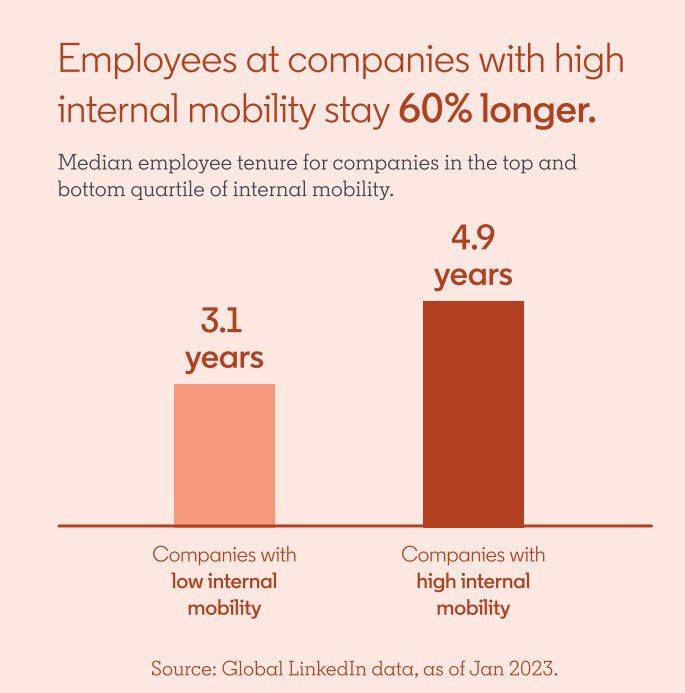I recently wrote this for WorkShift;
The old path to family-supporting career positions—which depended on large employers recruiting graduates from a small universe of ranked colleges whose education stopped with that degree—is past its sell-by date.
Surprisingly, Obama’s comment has generated a bit more attention ;-)
I’ve advocated radical moves toward this new paradigm. I suggested to a national gathering of educators that Elon should have invested $4 billion to create a new lifelong learning, stackable skills-based STEM place-based platform (institutions are really platforms) — rather than burning $44 billion burying Twitter. That endowment could create a new Olin for the modern era.
I’ve suggested that traditional higher ed turn its economic model on its head. We need ‘university-as-a-service’, where learners subscribe for a lifetime, and dip in and out for stackable skills-based credentials. The subscription fee could serve as an investment account that includes contributions to 526 plans for your relatives’ learning; covers the cost of periodic residence when that’s best; and contributes to a retirement living account that funds your move back onto campus as your institution converts over time to an inclusive place and platform for all generations to live, work, and learn. Even more radical — make the account portable (as all benefits should be), so you can move across great institutions as best fits your needs.
America’s higher ed constructs are 150 years old. Demand for that model is declining, their decision-making mechanisms are ossified, and their finances are at risk.
America’s employer-based hiring and promotion systems aren’t much more modern — and are moving backward. Algorithmic-based HR systems built on traditional educational system biases make the problem worse , even as all agree that hiring and promotion needs to be much more skills-based :
Perhaps the risk that AI poses to traditional white-collar work will spur change at pace and scale.
AI's impact will vary across different sectors - 46% of tasks in administrative and 44% in legal professions could be automated but only 6% in construction 4% in maintenance
Perhaps America’s massive investment in industrial strategy to reshore manufacturing and other jobs which AI cannot do will be the catalyst.
Thanks to the college-for-all ethos that put electricians on the same level as McDonald’s workers, we’re decades into a decline in the skilled trades.
We’re overdue for innovation at scale and pace at the intersection of learning and employment. Opportunity ahead.
The winning strategy for this decade will be skills-based, plug-n-play, lifelong learning—with an emphasis on opportunity for underestimated populations.





